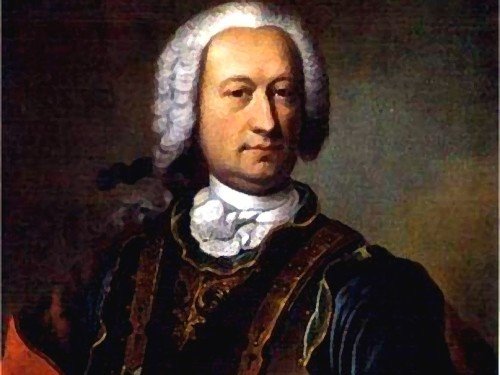Pierre Ambroise François Choderlos de Laclos: A Revolutionary Writer and Thinker

Pierre Ambroise François Choderlos de Laclos is best known for his novel "Les Liaisons Dangereuses" (Dangerous Liaisons), which was published in 1782. This epistolary novel is considered a masterpiece of French literature and has been adapted into several films, plays, and operas.
"Les Liaisons Dangereuses" is a novel by Pierre Ambroise François Choderlos de Laclos, published in 1782. The novel is written in the form of letters exchanged between the characters, and it portrays the manipulative and deceitful machinations of members of the French aristocracy in the 18th century.
The story revolves around the Marquise de Merteuil and the Vicomte de Valmont, two former lovers who use their wit and charm to manipulate and corrupt the people around them. They make a wager that Valmont will be able to seduce the virtuous and married Madame de Tourvel, while Merteuil seeks revenge on a former lover who has spurned her.
As the story progresses, the characters become entangled in a web of intrigue and betrayal, with disastrous consequences for many of them. The novel is a biting satire of the aristocratic society of pre-Revolutionary France, where reputation and status were paramount, and it exposes the hypocrisy and moral decay of the upper classes.
"Les Liaisons Dangereuses" was highly controversial upon its publication and was banned by the French monarchy. However, it was also a commercial success and has since become recognized as a masterpiece of French literature. The novel has been adapted into several films, plays, and operas and has had a significant influence on literature and popular culture.
Born in Amiens, France in 1741, Laclos was a career military officer who served in the Seven Years' War and the American Revolution. He was also an accomplished writer, publishing several works on military strategy and philosophy.
It was while he was serving as a staff officer in Bordeaux that Laclos began writing "Les Liaisons Dangereuses." The novel is a series of letters exchanged between the characters, revealing their manipulative and deceitful machinations in high society. It is a biting satire of the aristocratic society of pre-Revolutionary France, where reputation and status were paramount.
The novel caused a scandal upon its publication and was banned by the French monarchy. However, it was also a commercial success and has since been recognized as one of the greatest works of French literature.
Laclos continued to serve in the military until the French Revolution, when he was dismissed from his post for his royalist sympathies. He spent the rest of his life in retirement, writing and translating works of literature.
In addition to "Les Liaisons Dangereuses," Laclos wrote several other works, including "Des Femmes et de leur éducation" (On Women and Their Education) and "De l'éducation des femmes" (On the Education of Women). These works were part of the Enlightenment movement's push for greater equality between the sexes and challenged the traditional views of women's roles in society.
Laclos died in Taranto, Italy in 1803, leaving behind a legacy as a pioneering writer and thinker who challenged the social norms of his time. His work continues to be studied and admired for its insight into human behavior and its critique of the French aristocracy.